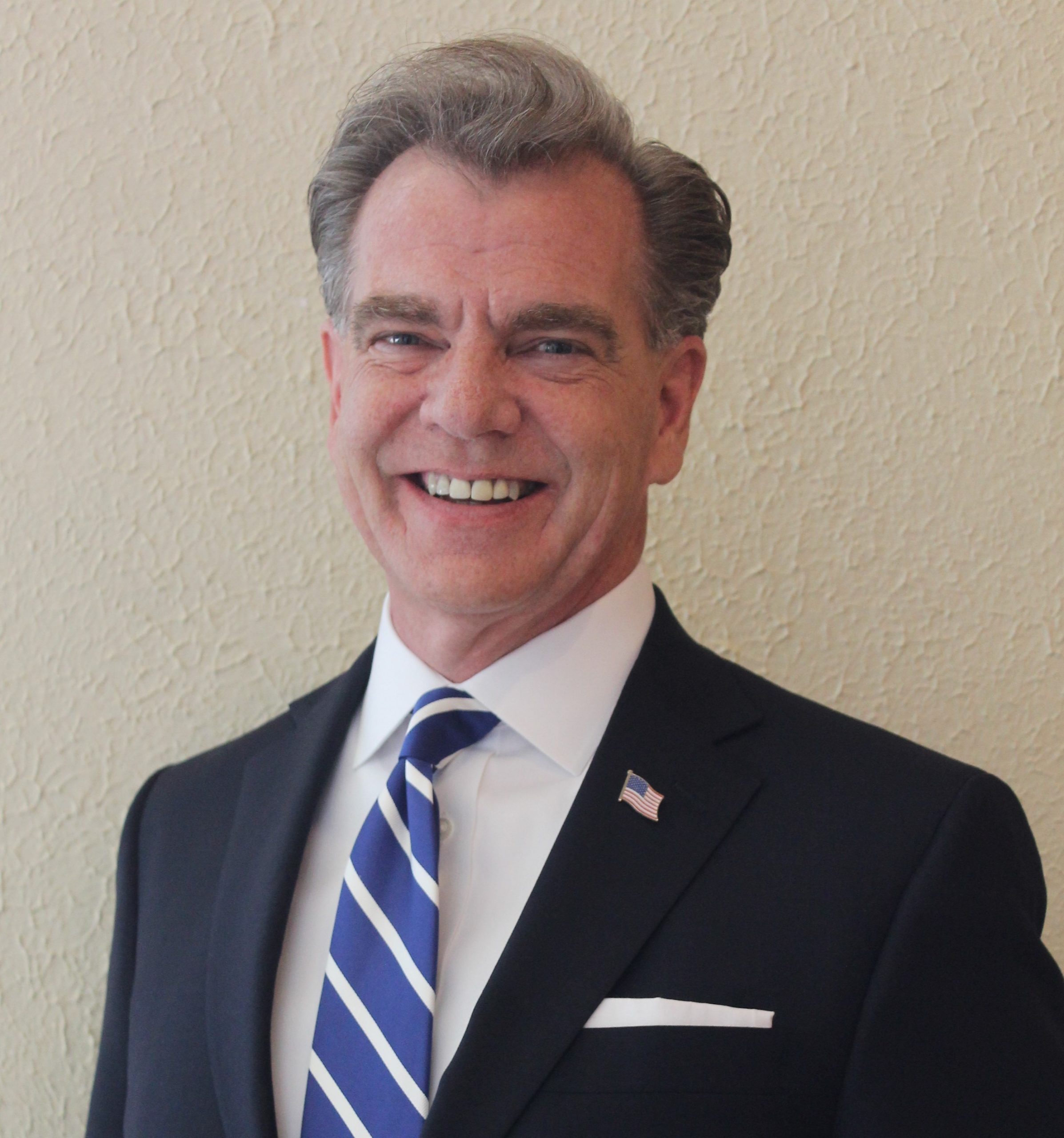
Chair of Policy and Global Affairs
Mr. Conway is the Chair of Policy & Global Affairs, and a past president, for the American Association of Kidney Patients (AAKP), the largest kidney patient organization in the USA. Mr. Conway is a founder and Co-Chair of the Annual Global Summit on Kidney Disease Innovations, a partnership of AAKP and the George Washington University School of Medicine and Health Sciences that, since 2019, has engaged patients, professionals, and industry in over 90 countries. As an advocate, he has advanced the principles of patient consumer care choice, patient-centered medicine, and continued patient participation in the workforce before federal and state governments and, globally, before the United Nations, the European Parliament, and the World Health Organization. He is a champion for greater use of patient insight data and real-world evidence in kidney research and innovations, including diagnostics, drugs, and devices.
As a patient, he has managed kidney disease for 42 years, including 3 years on home peritoneal dialysis and, for the past 25 years, with a kidney transplant. Mr. Conway received his transplant from a deceased donor in 1997, through the Medical College of Virginia/Virginia Commonwealth University (MCV/VCU) Hume-Lee Transplant Center in Richmond, Virginia. His advocacy honors include both the American Society of Nephrology and the AAKP President’s Medal for policy work before the Congress and White House and, in 2022, he received the President’s Lifetime Achievement Award for volunteer service to the kidney community.
His professional career includes posts under 4 presidents, 3 Commonwealth of Virginia governors, and in support of 5 presidential transitions. His federal awards include the U.S. Department of Homeland Security (DHS) Secretary’s Silver Medal for exceptionally meritorious service to America. His previous federal posts include Chief of Staff, U.S. Department of Labor; Chief of Staff, U.S. Office of Personnel Management; Interim Federal Coordinator and Chief of Staff, Office of Gulf Coast Rebuilding, DHS; Special Assistant, White House Office of National Drug Control Policy; and, Confidential Assistant, U.S. Department of Education. In Virginia, he has served as Deputy Secretary of Health & Human Resources and on the Secure Commonwealth Panel and the Board of Health Professions.
He represents the patient consumer perspective as a member of the American Board of Internal Medicine’s (ABIM) Nephrology Specialty Board, as Chair of the Food and Drug Administration’s Patient Engagement Advisory Committee, and as a Patient Editor of the Clinical Journal of the American Society of Nephrology (CJASN). He also serves as a liaison to the Centers for Disease Control and Prevention (CDC) Health Infections Control Practices Advisory Committee (HICPAC), and on the boards of the Kidney Health Initiative, the U.S. Renal Data System, the Observational Study Monitoring Board for the NIH/NIDDK Kidney Precision Medicine Program and the Patient Advisory Board for the University of Washington’s Kidney Research Institute and Center for Dialysis Innovation. Over the past decade, he has chaired multiple technical evaluation panels related to patient reported outcome measures and patient-driven quality measures for the Centers for Medicare and Medicaid Services (CMS) and has also been involved in patient-centered research initiatives with the U.S. Departments of Defense and Veterans Affairs.
Published Articles:
CJASN: Media Analysis of the Canadian Deemed Consent
CJASN: Breaking Barriers to Innovation in Kidney Care: The Time is Now
CJASN: COVID-19 and Palliative Care
CJASN: Legitimization and Incorporation of Patient Preferences
CJASN: Trust Patient Insights at Both the Individual and National Level
EDITORIAL: Of Presidents, Policies, and Patients
























